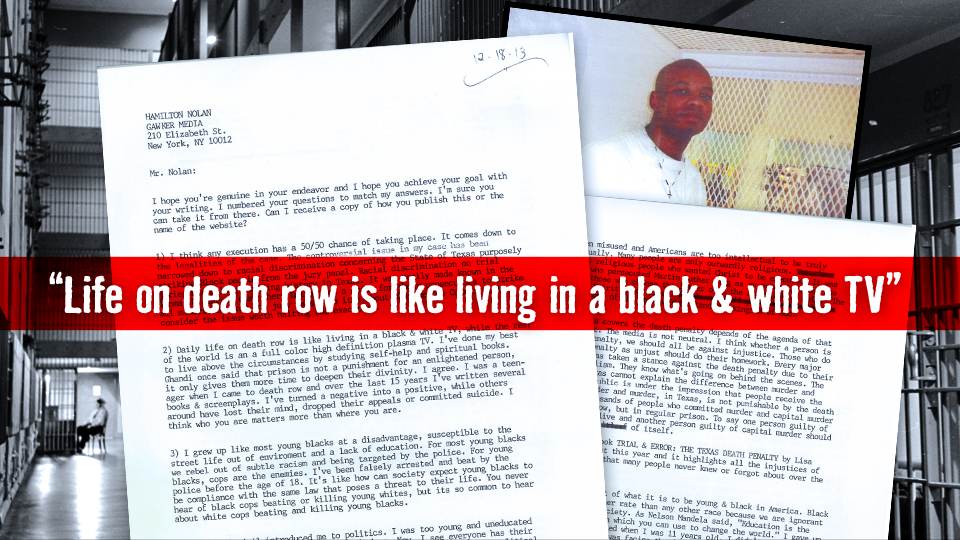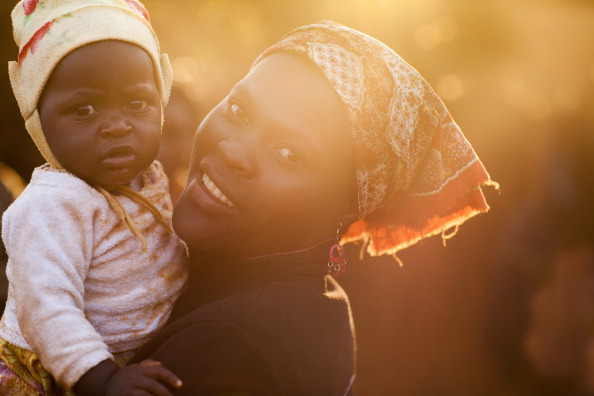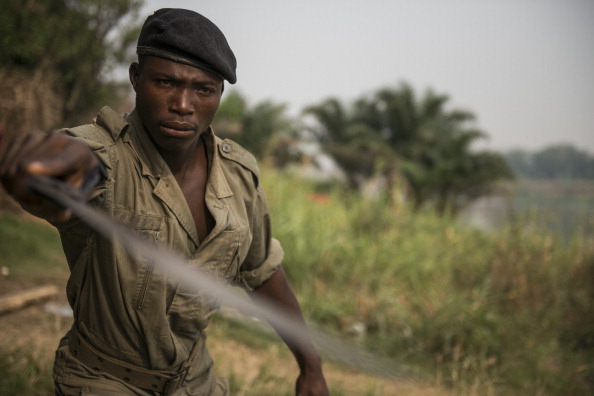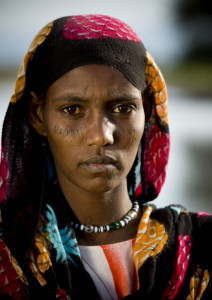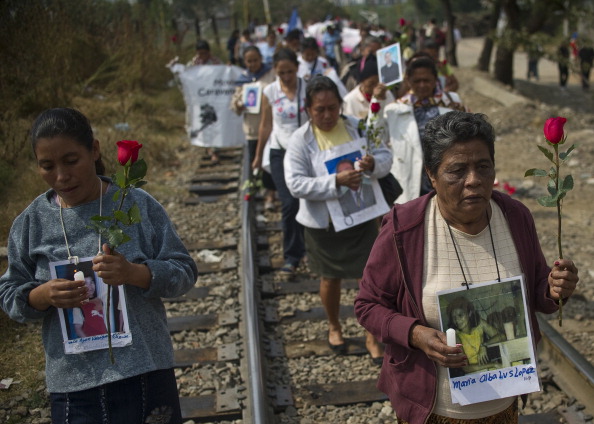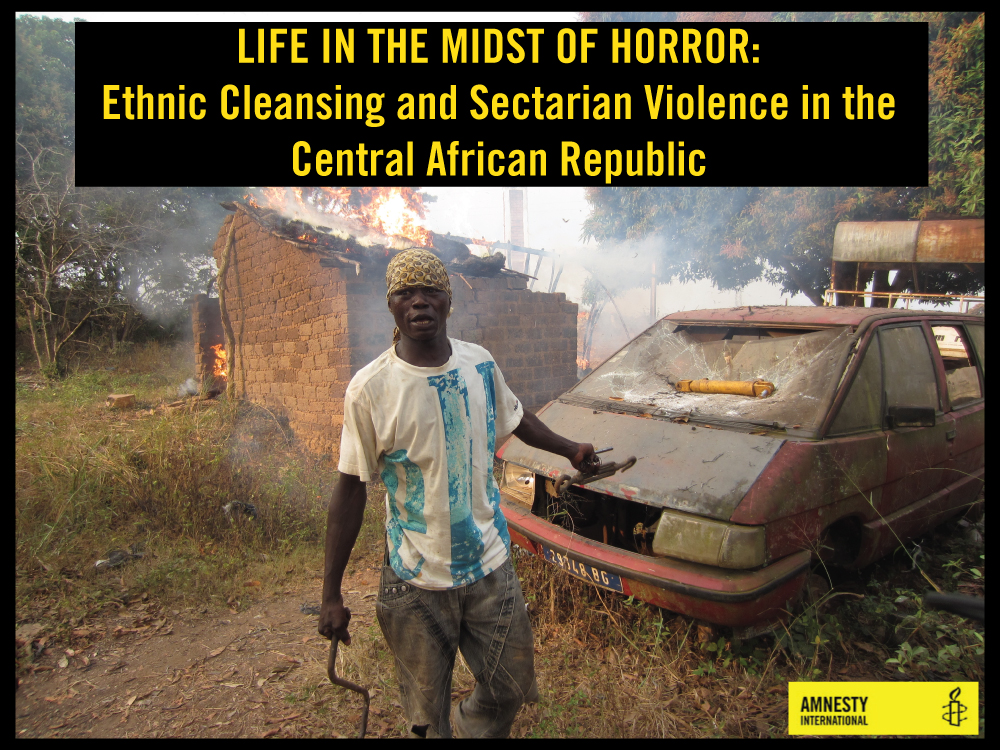
Want to learn more about the crisis in the Central African Republic? Check out this story map created by Angela Chang, Amnesty USA’s Crisis Prevention & Response Advocate.
By Natalia Taylor Bowdoin, Amnesty USA’s Central African Republic Country Specialist
It’s a miracle she survived.
Amnesty’s crisis team met an 11-year-old Muslim girl in the Central African Republic this month. She was the lone survivor of a horrific assault on the village of Bouguere – in a country where sectarian violence has spiraled out of control.
Amnesty came to this region to investigate reports of mass killings and forced evictions of Muslims. Throughout our travels, we found case after case of mayhem and death.
